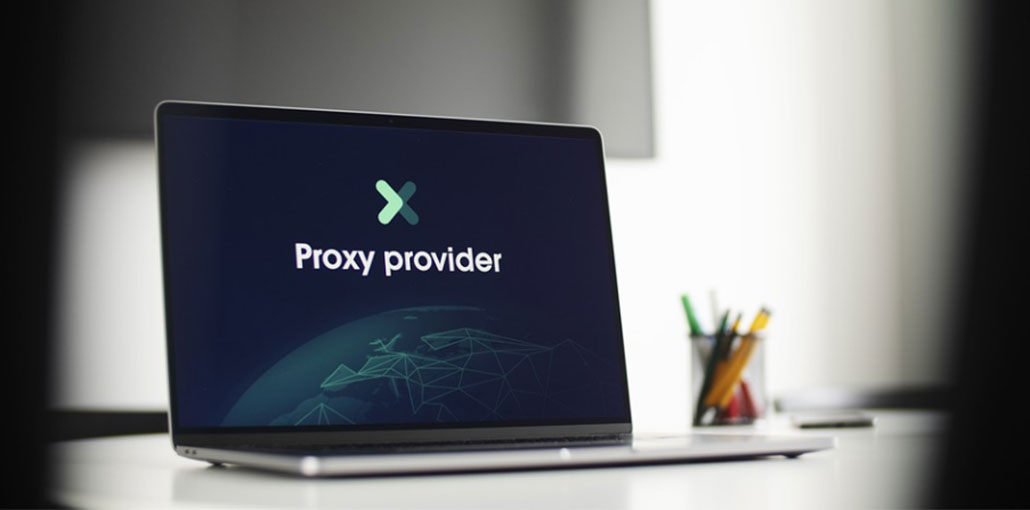There are several reasons you might need to use a proxy server. These include convenience, security, and access to websites that may be blocked. However, if you want to get the most out of a proxy server, you’ll probably need to hire a consultant to help you install it. Many different kinds of proxy servers are available, including open-source and free ones. Virtual appliances, which are purpose-built hardware with software preinstalled, also exist. These appliances share server space with other servers.
Convenience
There are several benefits of using a proxy server in the workplace. These include increased security and increased productivity. Proxy servers help control what employees can access on the internet, which may prevent employees from procrastinating or engaging in illegal activities. They also reduce the risk of hacking and infection. In addition, a proxy server can be used to restrict access to certain websites and unblock blocked ones.
The best proxy server in Germany also helps save bandwidth. A proxy server does not need to make multiple requests for the same webpage by storing previously visited web pages on cache memory. This saves bandwidth, which helps websites load faster. In most cases, users will barely notice any difference in loading times.
Businesses also benefit from using a proxy server. For example, a proxy server can help improve the performance of websites with heavy traffic. A proxy server can make the site more responsive by sending a single request. Proxy servers also block personalized ads. A proxy server can also help users access websites that have been blocked by copyright laws.
Security
When implementing a proxy server, you must take care to ensure that it meets all security requirements. A Proxy Server is a filter or firewall designed to protect your data from hackers or other intruders. The end user or network administrator can choose a proxy to protect his data and privacy. This server will analyze data coming in and out of your computer and apply rules to prevent exposure to your digital address. In addition, hackers cannot access your files or data since no one can see your real IP address.
When you use a proxy server, your data is funneled through a third-party server. The data you send and receive from websites and services goes through this server. If the server is malicious, it could compromise your account and access your data.
Also read: What is a Virtual Dedicated Server (VDS) and Why is it Needed
Access to blocked websites
Various methods have been developed to allow internet users to access blocked websites. However, the end results might not look like the real website. Often, this problem is the result of a specific IP address that has been blocked by the website owner. To get around this problem, you can try to restart your Wi-Fi router or change your Internet connection settings so that your ISP will assign you a different IP address.
Proxy servers allow you to visit blocked websites from any location by acting as a middleman between you and the site you are trying to visit. You can remain anonymous online by removing your real identity from the website. This anonymity also helps protect your privacy. Your true identity and location will never be revealed to the website you’re trying to visit.
Using a personal mobile network or a public WiFi network is another way to get around network restrictions. While these methods are not foolproof, they offer a legal alternative to violating office rules. For instance, a free service called SodaPDF allows you to download an archived website version, even if it’s blocked on your device.
Cost
A proxy server can help your business with a variety of purposes. It can protect your website from hackers and ad fraud and help you with market research. However, it can be expensive. To get the best proxy for your business, you must know how much it costs and choose a provider who offers plenty of features for a reasonable price.
The cost of a proxy server depends on the number of IPs you want and can range from $300 to $180 per month. Residential proxies come with a standard traffic allowance of 20 GB, while data center proxies are more flexible. In most cases, a residential proxy will cost you $180 per month for 100 IP addresses. A data center proxy will cost you less, at only $1.8 per IP address.
Proxies can also be used for monitoring internet activity. For example, they can prevent kids from viewing content that is offensive to them. A proxy server can also help you access content blocked in your country or region. Some proxies can also encrypt your web requests for better security. Once you get a proxy server, you’ll be able to access a wealth of content anonymously.










Leave a comment